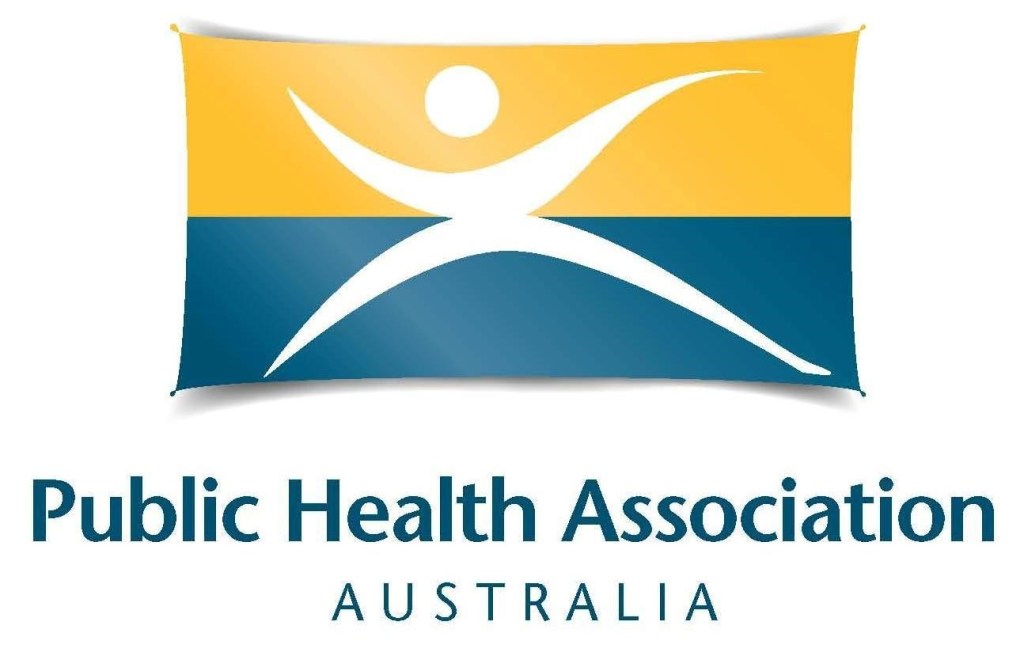Hollie Harwood, Public Health Association of Australia
Research shows that around 35 percent of pregnant women in Australia drink at least some alcohol during pregnancy, despite the health recommendation being abstinence during pregnancy.
However, new research published in the Australian and New Zealand Journal of Public Health last week shows how one unique WA campaign is shifting the dial.
The results of the study have prompted calls from public health experts for ongoing investment in hard-hitting campaigns to support alcohol free pregnancies.
The new study analysed adults’ views on alcohol and pregnancy to evaluate the impact of a public education campaign that aired in Western Australia from January 2021 to May 2022.
The “One Drink” campaign, developed by the WA Mental Health Commission in collaboration with Cancer Council WA, features a video of a baby-shaped glass being filled with red wine to illustrate that any amount of alcohol a mother drinks, the baby consumes too. The campaign has recently recommenced airing in WA.
Lead author Prof Simone Pettigrew from The George Institute for Global Health says there haven’t been many mass media campaigns about pregnancy and alcohol, and therefore there is limited evidence available about their impact.
“This research was an important opportunity to evaluate a distinctive campaign that ran in WA and see how successful it was,” says Prof Pettigrew.
To evaluate the campaign, researchers surveyed male and female Western Australians of childbearing age, both before and after the campaign ran in 2021 and 2022.
“In this study we found that before seeing the campaign, almost one-third of men and women aged 18 to 45 were confused about the risks and thought it was okay for women to drink some alcohol during pregnancy,” says Prof Pettigrew.
Prof Pettigrew says that the post-campaign survey showed a shift in attitudes to drinking during pregnancy.
“We found that 76% of survey respondents recalled seeing the campaign. We also uncovered really positive signs that the campaign would help dissuade pregnant women from drinking,” Prof Pettigrew says.
“After the campaign had aired, 95% of women reported intending to abstain from drinking when pregnant – and both males and females were more likely to agree that pregnant women shouldn’t drink any alcohol.
“We had previously found that one in two people who viewed the campaign agreed that it contained new health information. This latest research suggests that potential mothers are likely to stop drinking if they are well informed of the risks.”
Prof Pettigrew added that the latest research should send a message to Government about the need to continue funding confronting, attention-grabbing campaigns.
“There is often contention around whether hard-hitting health campaigns are effective, but this is one of the best campaign evaluations I’ve seen. It shows that campaigns with strong imagery, clear health warnings and new information about pregnancy and alcohol are an effective, worthwhile investment.”
Adjunct Prof Terry Slevin, CEO, Public Health Association of Australia says alcohol is still one of the biggest public health challenges in Australia.
“Alcohol isn’t just an issue in pregnancy, but also a significant public health challenge when it comes to mental health and injury. It also plays a role in over 200 chronic health problems including cardiovascular disease, cancers, diabetes, nutrition-related conditions, cirrhosis, and overweight and obesity.
“We need comprehensive Government action to address the negative impact Australia’s drinking culture continues to have. As well as hard-hitting health campaigns, we need nation-wide minimum alcohol pricing, controls on availability, marketing restrictions to protect children, and warning labels.”
The Public Health Association of Australia publishes ANZJPH and is working with Prof Simone Pettigrew to promote the latest research to media, which has already been covered by a number of outlets including The West Australian ( and regional WA news outlets), Campaign Brief, B&T Magazine, Medical Forum WA and 2SM radio, helping spread the word that we need to do more to tackle this ongoing public health issue and the evidence that campaigns can make a big difference.
You can read the original media release here.
Hollie Harwood is the Strategic Communications Advisor at PHAA.


Leave a Reply